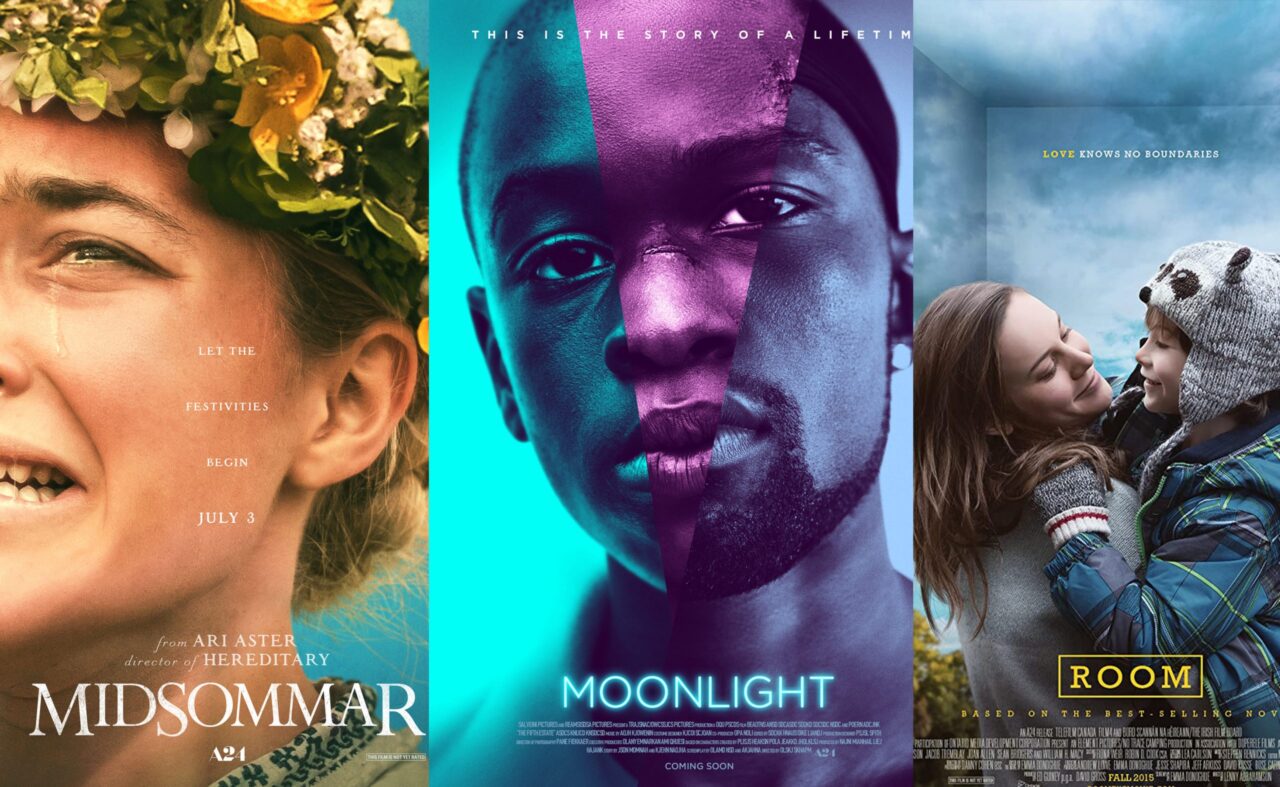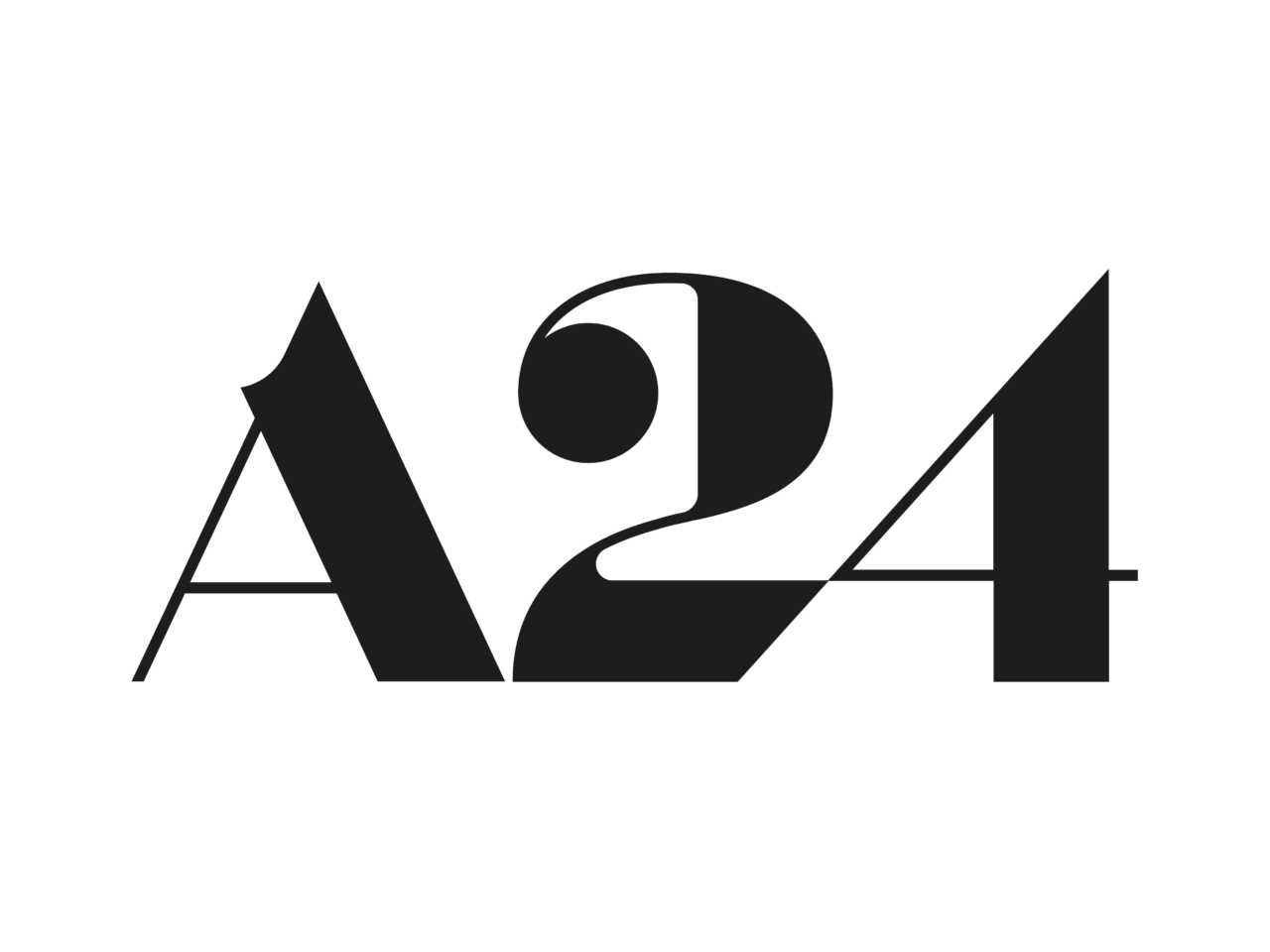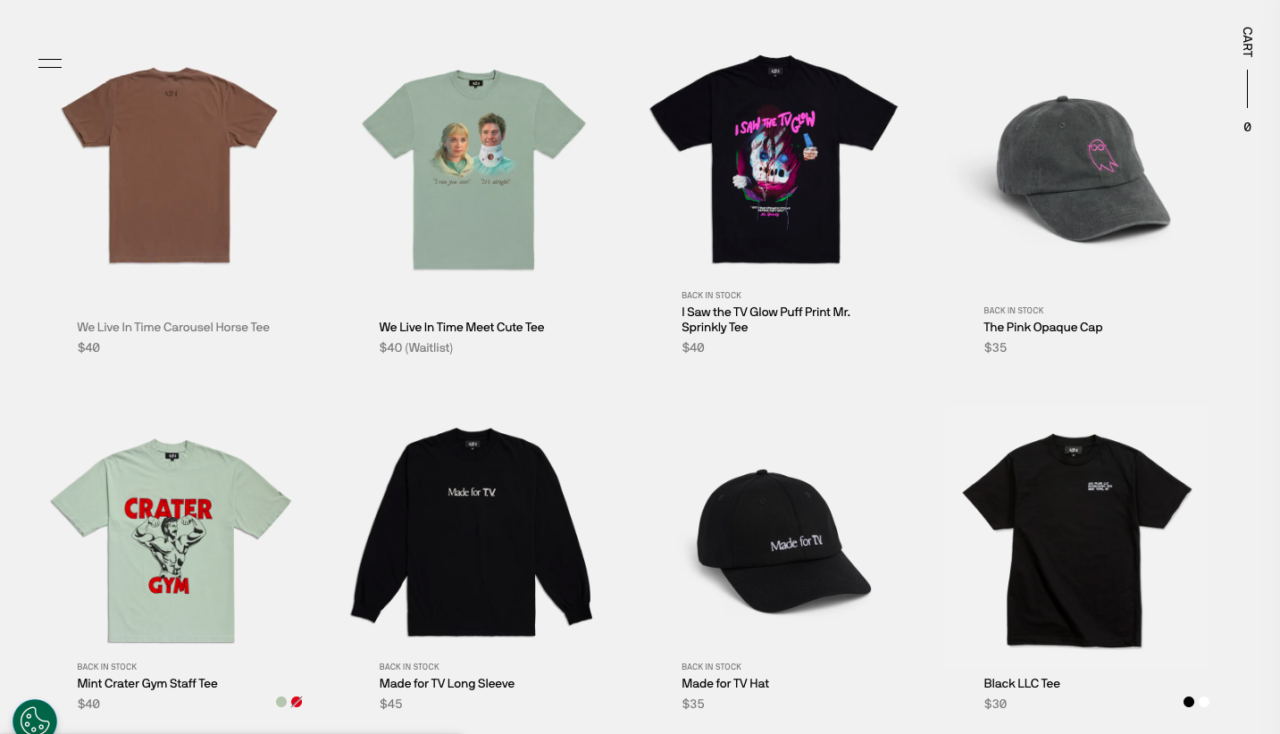The American company A24 has become a key player of the independent film scene thanks to strong artistic choices. However, the distributor still has many challenges awaiting.
The first successes of a recent distributor
Founded in 2012, the main purpose of A24 was to distribute independent films in theaters so they could meet their audience – which is the role of a classical distributor. The company had from the outset a strong slate of films directed by prestigious “auteurs” such as Sofia Coppola with The Bling Ring, Enemy by Denis Villeneuve or even Jonathan Glazer’s Under the skin. This enabled A24 to adopt an approach favoring low-budget independent films with a strong artistic identity, while they also met commercial success at the box-office with titles like Spring Breakers or even Ex machina in their early days.
Additionally, an important part of A24’s identity as a distributor is that they campaign for their films during the “award season” that happens at the end of each year until the Oscars take place. When Barry Jenkins’ Moonlight won the Academy Award for Best Picture against all odds in 2017, it further consolidated the power of A24 as a distributor, and a co-producer from this point. The company’s rise to fame has been quick, thanks to bold film choices and a strong marketing strategy appealing to a younger generation of cinephiles.
More than a company, an aesthetic
After more than 10 years of existence, A24 has exceeded its role as a distributor and established itself as a brand with a singular identity. Online communities have adopted the term ‘A24 vibes’ to point out a set of distinctive characteristics their films often have. It usually refers to dramatic or horror films with an original artistic perspective in terms of storytelling and setting, a beautiful cinematography with an overall profound message.
We could also consider that the company has a kind of ‘fanbase’, which is a first for such a recent distributor. They sell merch (caps, tote bags, pins, books…) related not only to the films they put in theaters, but that is also only branded with the A24 logo itself. This goes to an extent that it sometimes erases the existence of directors and creative teams behind films, as some can be perceived as merely ‘A24 films’. While it may be an issue, it also shows that the distributor has done a great deal at curating their film slate, up to the point where an identity has emerged – enabling the audiences to identify their films.
However, while A24 excels in marketing and editorial choices, some people argue that they are failing in their original mission. When it comes to distributing, many note that their films are not available for a long time in theaters, especially to those who live in smaller cities, creating a gap in accessibility. Moreover, they focus heavily on American films and offer a very low number of international long-features to audiences. This might just be an integral part of their strategy and identity, but other indie distributors such as NEON are able to be successful with a more diverse slate.
Movies that struggle to land on the French market
While their global online presence is strong and foster a lot of engagement on social media, the films A24 produce tend to struggle to cross physical borders, especially in France. There are many reasons for it, mostly driven by the fact that they mostly address an American audience, with specific themes, actors and a cultural context that mainly make their films relevant on a local market. But isn’t the goal of cinema to transcend borders and deliver universal messages? Especially in France, one of the biggest film economies in the world?
The main issue with the distribution of A24-produced films in France is that they are not easily accessible to the audience, and when they are, they fail to meet critical success. French distributors have often said that these films are expensive because the American company sell them at a high price, so this represents an important investment and risk for most of them.

Some of the films that reached the French market managed to fare well: Moonlight attracted 560 000 theatergoers in 2017, half of which even before its historic Oscar night and more recently, Danny and Michael Philippou’s horror film Talk to me intrigued 515 000 people. However, such successes are rare and many of their films end up being box-office disappointments even when they seemed promising. This is the case of The Iron Claw, a sports drama that didn’t cross the 100 000 theater-goers bar or even Everything Everywhere All At Once. It was a huge success in the US but struggled to get a distributor in France, and while it attracted 350 000 people, this is a bit disappointing considering the critical and domestic commercial success it encountered as it won 7 Oscars and is A24’s highest-grossing film.
So, what’s next?
While the company’s international future is uncertain, there is no doubt that A24 will pursue their domestic efforts in hopes of expanding their audience. This will involve continuing to co-produce the films they distribute, which is something they’ve been doing since the 2020s, and thus offering a slate of long-features that can appeal to more people other than the usual indie-lovers cinephiles. To do so, the firm aims at intensifying its efforts in the production of mid-budget movies like they did this year with Civil War. Their scheduled films for the next few years include Alex Garland’s Warfare and Benny Safdie’s The Smashing Machine, the latter being reported with a budget of $70 million, the most for a film ever produced by the studio. As the film industry is going through many changes, involving indie productions and blockbusters alike, it will be interesting to see how the company will be able to navigate these shifts after rapidly establishing itself as a leader in the independent landscape.
Andréa Tchiyep

